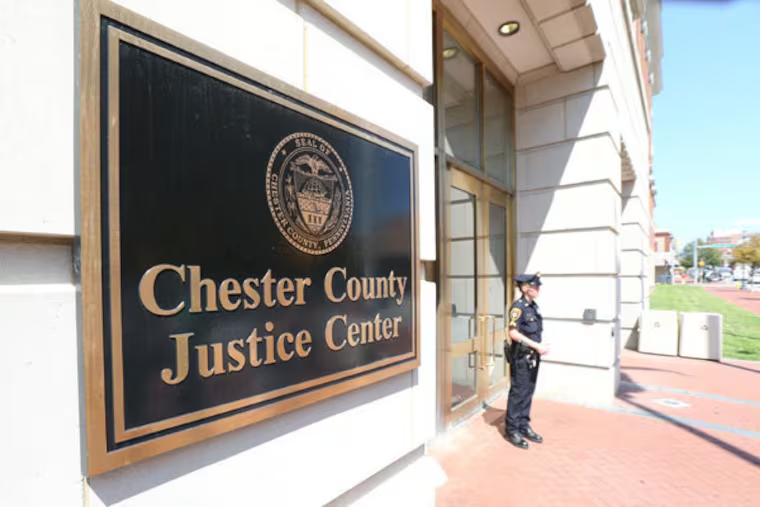Schumer’s Good Deed Leads to Unintended Troubles
In a notable political maneuver, Senate Minority Leader Chuck Schumer recently confronted significant criticism from within his own party after coordinating with a bipartisan group of ten Democratic senators to vote alongside Republicans to prevent a government shutdown. Schumer’s rationale for this decision was grounded in the belief that a government shutdown would have detrimental effects on millions of Americans who depend on essential federal services, including food assistance, Social Security, and air traffic control. He argued that the potential harms of such a shutdown far outweighed the temporary political leverage it might provide.
However, this decision did not sit well with many progressive factions within the Democratic Party. Critics asserted that Schumer had squandered a precious opportunity to exert pressure on the Trump administration, allowing the former president to potentially expand his authority beyond the reach of congressional checks. The backlash was swift and fierce, with some members of Congress and prominent progressive organizations calling for Schumer to resign as minority leader. This wave of discontent included voices from across the political spectrum, including influential figures such as Nancy Pelosi and Senators like Bernie Sanders and Michael Bennet.
Recent polling conducted by Data for Progress sheds light on Schumer’s precarious standing among party constituents. The results indicate that Congresswoman Alexandria Ocasio-Cortez could defeat Schumer in a Democratic primary by a significant margin, leading 55% to 36%. While some may question the efficacy of polling data, even a conservative estimate of Ocasio-Cortez’s lead suggests a potential vulnerability for Schumer.
Compounding his challenges, Schumer’s favorability ratings appear to be declining. A Siena College poll recently revealed a drop in Schumer’s favorability among self-identified liberals, plummeting from 68% to 47%. Similarly, CNN’s national rating for Schumer was a mere 17%, prompting discussions among political commentators regarding his potential liability to the Democratic Party.
This predicament highlights a broader issue within the political landscape, particularly within the Beltway. The prevailing mentality prioritizes avoiding criticism from political allies over addressing the pressing needs of constituents. As both major political parties grapple with their internal factions, primary voter turnout remains distressingly low, frequently hovering around 10-20% for GOP Senate races. This dynamic often infringes upon the ability of elected officials to forge meaningful compromises or to appeal to the broader electorate.
Ultimately, Schumer’s attempt to demonstrate bipartisan cooperation has set off a chain reaction of dissent, emphasizing the challenges faced by politicians striving to act in the public interest amidst a climate of extreme partisanship. This situation raises questions about the sustainability of current political practices and their effect on governance, leaving both parties vulnerable to public disenchantment as they continue to grapple with deeply polarized views. The struggle for constructive dialogue and effective policymaking remains an enduring challenge that could jeopardize future legislative progress.







